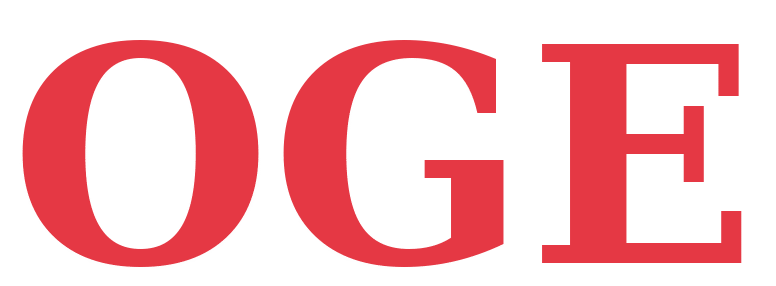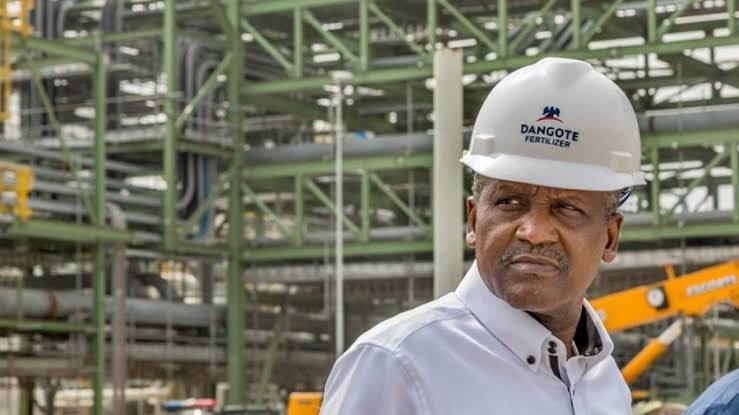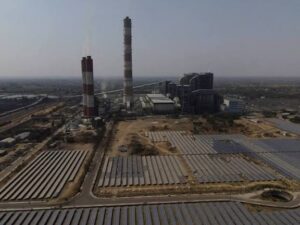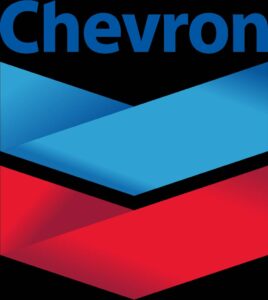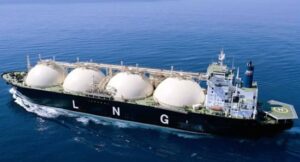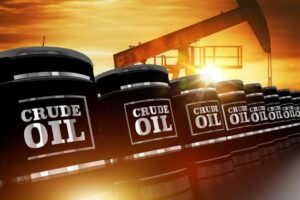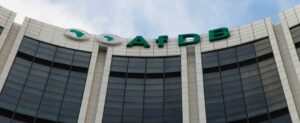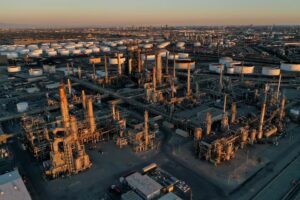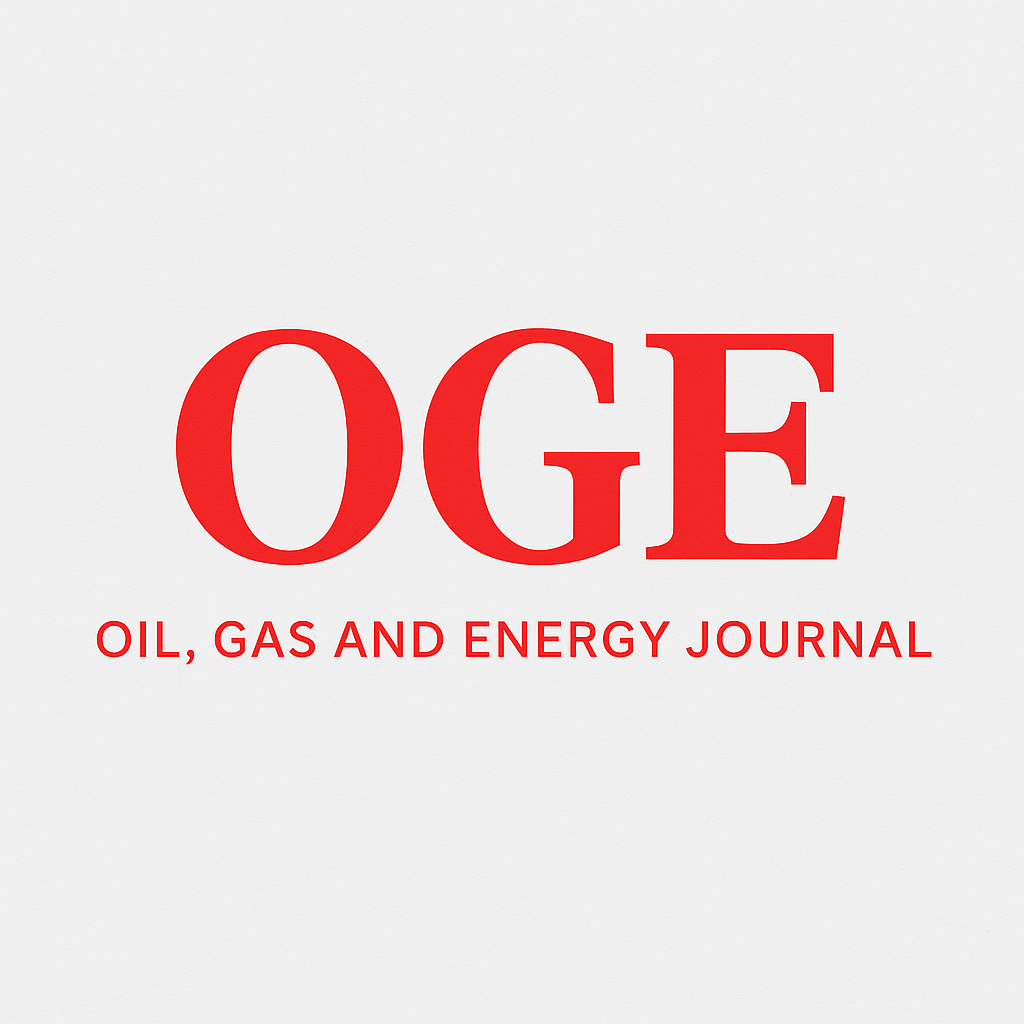Recent reductions in petrol prices in Nigeria have sparked differing explanations from Dangote Refinery and independent petroleum marketers over the reason behind the change.
Fuel stations in the capital have lowered petrol prices to between N940 and N945 per litre, down from the previous N945–N955 range. The drop comes shortly after the federal government suspended a planned 15 per cent import duty on petrol and diesel, a policy aimed at encouraging local production.
Chinedu Ukadike, spokesperson for the Independent Petroleum Marketers Association of Nigeria (IPMAN), linked the price reduction to the suspension of the import tariff. He argued that the proposed 15 per cent duty would have indirectly driven up petrol prices and contributed to inflation.
“The suspension ensures the forces of demand and supply continue to guide the market,” Ukadike said. “It also promotes healthy competition and compliance within the petroleum sector, which is why prices are falling. Further reductions are likely as crude oil prices decline globally.”
In contrast, Dangote Refinery stated that the decrease in petrol prices is a result of its own gantry price adjustment for the month, not the government’s tariff decision. The refinery, which has a capacity of 650,000 barrels per day, clarified that its pricing move is independent of policy changes and should not be interpreted as linked to the suspended import duty.
Industry analysts have noted that implementing the 15 per cent tariff could have given Dangote Refinery a competitive advantage, but at the expense of higher fuel costs for consumers.
The disagreement highlights differing perspectives within the petroleum sector on factors affecting pump prices, as the country continues to balance local production incentives with market-driven pricing.
